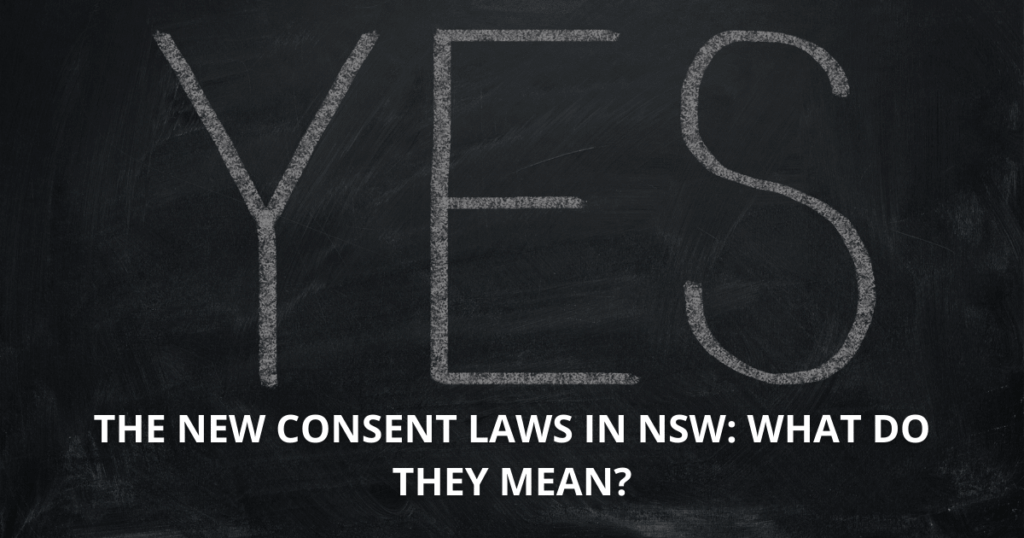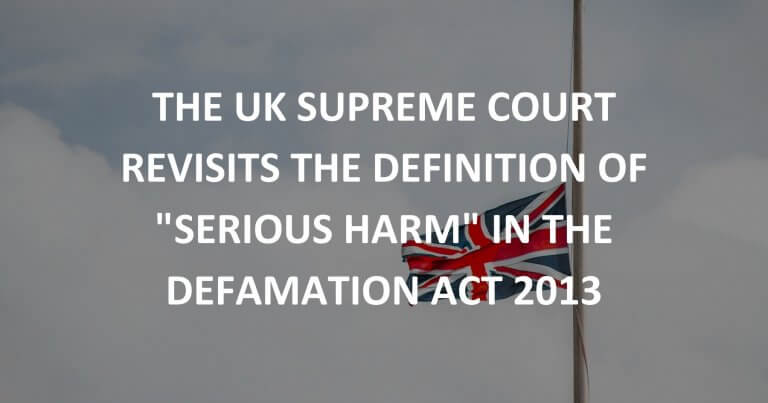The NSW Government has introduced affirmative consent laws as part of major reform to sexual assault laws.
The changes are a response to the NSW Law Reform Commission‘s review of consent in sexual offences. The NSW Parliament tabled this report in November last year.
The new laws will mirror changes made in Tasmania. These include that a person does not consent to sex if they do not “say or do anything to communicate consent”.
Accused must actively seek consent
 Under the new model, an accused will have to show that they did or said something to find out if a person was consenting to sex if they want to rely on a mistaken but reasonable belief there was consent.
Under the new model, an accused will have to show that they did or said something to find out if a person was consenting to sex if they want to rely on a mistaken but reasonable belief there was consent.
New South Wales Attorney-General Mark Speakman stated that these new laws will override the assumption that silence equals consent.
“You just can’t assume through lack of resistance or lack of protest that consent has been given,” NSW Attorney-General Mark Speakman said.
The assumption of silence equating to consent falls on the NSW precedent that the accused must know that the complainant wasn’t consenting.
Saxon Mullins and Luke Lazarus case
Saxon Mullins was 18 when she lost her virginity on her hands and knees on the gravel behind a nightclub in the Kings Cross. It was anal sex. Mullins has always called this encounter rape. However, the accused, Luke Lazarus, has always insisted it was a terrible misunderstanding which he bitterly regrets.
The key argument at trial was whether Lazarus had knowledge that Mullins was not consenting. Knowledge includes whether the accused had “no reasonable grounds” for a mistaken belief in consent.
A five-year criminal legal battle ended with no real decision. After two trials, the NSW Court of Criminal Appeal refused to grant a third trial, saying it was not in the interests of justice. It found that it would be “oppressive” because:
- it had been five years since the incident;
- Lazarus had already been through two trials; and
- Lazarus had already served 11 months in prison.
The new laws are a direct reflection of the Mullins case. Mr Speakman said the reforms would not have been possible without sexual assault survivors like Ms Mullins telling her story.
“My determination is to make sure that a case like that never arises again. This is not just about holding perpetrators to account, but making sure that these cases don’t arise,” he said.
The new laws for sexual consent
The new laws centre around “affirmative consent”. This means that consent is actively sought and actively communicated.
An individual seeking to have sex with another person must obtain clear, expressed consent from them before (and while) engaging in a sexual act.
This type of consent flips the emphasis of the action of the victims to the actions of the accused.
A shift in law and education
The direct impact on criminal trials is to be seen. In Victoria, Rachael Burgin, a executive director of Rape and Sexual Assault Research and Advocacy (RASARA), noted that her research of similar laws in Victoria was concerning.
“My research analysing rape trial transcripts from the County Court of Victoria shows that defence counsel continue to rely on narratives of victim resistance or “implied consent”, that construct women’s ordinary, everyday behaviour as indicating consent,” she said in her article in The Conversation.
While these new laws may not impact the criminal cases as much as expected, they are sure to change the attitudes towards sexual assault.
With the law outlining that affirmative consent is a requirement, this will show young men and women exactly what is expected of them in sexual encounters.
As Burgin stated, “This approach can set the framework for how we teach young people – or “re-teach” older generations – about consent, relationships and sexuality.”
“The ethos that a person who wants to have sex should make sure their potential partner also wants to should underpin both our responses to and prevention of sexual violence.”
The new bill is expected to be tabled in Parliament at the next session.





